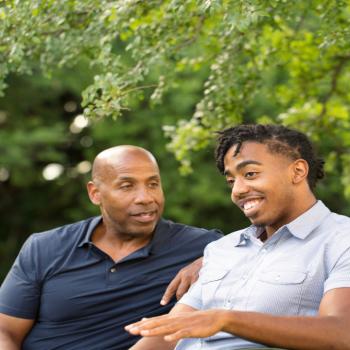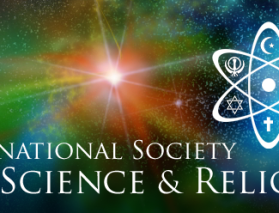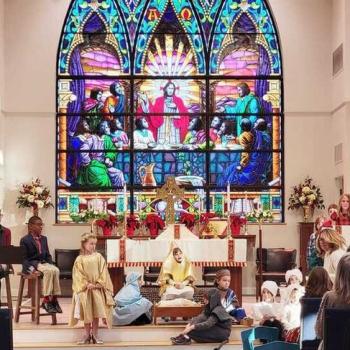When Thomas Jefferson won the presidency in 1800, Baptists represented one of his most reliable constituencies. Jefferson's Baptist supporters knew that the President did not share their evangelical faith, yet they saw him as a great friend of religious liberty. After Jefferson was inaugurated, the Danbury Baptist Association of Connecticut wrote him and said they had "reason to believe that America's God has raised you up to fill the chair of state out of that good will which he bears to the millions which you preside over."
The Baptist alliance with Thomas Jefferson helps illuminate recent controversies over Pastor Robert Jeffress's negative comments about Mitt Romney's Mormonism. It reminds us that there was a time when conservative Baptists were willing to support a presidential candidate whose personal beliefs starkly differed from their own. As of 1800, Jefferson was still fairly quiet about his religious skepticism. (After he retired from politics, it became clear that he did not believe in the divinity of Christ, the Trinity, or the miracles in the Bible, including Jesus's resurrection.) But Jefferson had already said enough to convince some Federalist opponents that Jefferson did not believe in traditional Christianity.So why would the Baptists of 1800 support a man whom opponents called a "howling atheist," while some Baptists today refuse to support Romney because of his Mormonism? The difference is that Baptists in 1800 understood that politics often requires making alliances with people outside the evangelical fold, in the interests of shared public priorities. For the Baptist supporters of Jefferson, the top priority was religious liberty.
When Jefferson was elected President, it had not been long since Baptists preachers had languished in Virginia's jails for illegal preaching. Jefferson and James Madison, with the support of thousands of Baptists, had pushed through Virginia's Bill for Establishing Religious Freedom in 1786, a critical precedent for the First Amendment's guarantee of the "free exercise of religion" and ban on a national established church in 1791. But Baptists still felt that religious liberty was at risk, especially in New England, where states maintained preferred denominations well into the nineteenth century.
This concern prompted the Danbury Baptists to write Jefferson in 1801, expressing their delight at his election, and asking for assistance to help disestablish Connecticut's official denomination (the Congregationalist Church). The association's letter led Jefferson to write his famous reply in which he said that the First Amendment built a "wall of separation" between church and state. Neither Jefferson nor the Baptists, however, understood that this wall required rigid public secularism. Indeed, one of Jefferson's most avid Baptist supporters, Elder John Leland, preached before the president and a joint session of Congress just two days after Jefferson sent the "wall of separation" letter.
Did the Baptists not care about Jefferson's apparent lack of personal faith in Christ? Of course they did. If he had the opportunity, we can be sure that Leland would have implored Jefferson to give up his skepticism and put his trust in Christ. But he knew that differing faiths did not preclude political alliances.
This was a lesson that many evangelicals learned afresh in the 1970s and 1980s, when Catholics spearheaded the pro-life movement in reaction to the 1973 Roe v. Wade decision legalizing abortion. Most evangelicals and Catholics have sharp theological differences over the nature of the church and the way of salvation, yet their agreement on moral issues such as abortion made political cooperation a must. Mormons also became a part of that faith-based alliance, and their questionable doctrines never became an acute political problem until Mitt Romney emerged as a leading candidate for the Republican nomination. (The Mormon issue never seemed as troublesome, by contrast, to the legions of evangelicals who became devoted followers of Glenn Beck in recent years.)
The theological differences between evangelicals and Mormons on issues such as the human potential for divinity, and the history of the church, are deep. Evangelicals should be aware of these differences, and should be willing to speak to Mormon friends about them. But as my fellow Patheos columnist Douglas Baker has argued, evangelicals need to think about politics primarily as an exercise in building alliances for the public good, not as a test of personal doctrine. Evangelicals may well conclude that Mitt Romney is not the most attractive primary candidate because of his relatively suspect record on issues such as the right to life. But refusing to support a candidate simply because of theology is a wrong-headed approach to politics, and an approach that Baptists in early America would not have recognized.
10/25/2011 4:00:00 AM





